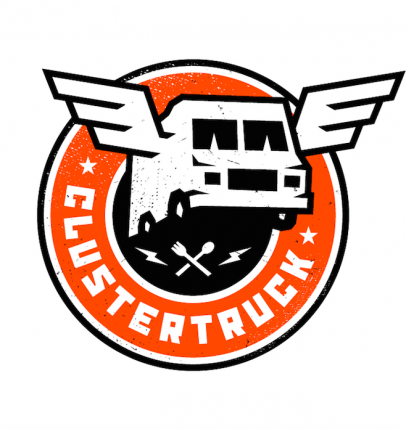Venture Club and ClusterTruck: A Love Affair with Food
This title reads like a start to a great story. That is exactly the intention of the October meeting of the Venture Club of Indiana. Three promising food start-ups will have the opportunity to be selected from the Edible Indy Food Start-up Boot Camp event held August 16. The chosen three will pitch their companies to the Venture Club, which provides networking opportunities, education and support to entrepreneurs and the innovation-minded early-stage investors, and those who work with them, through monthly meetings and special events.
The panel of judges includes Gary Brackett, owner of The Stacked Pickle and Georgia Reese’s Southern Table & Bar; Scott Wise, founder of Scotty’s Brewhouse and Thr3e Wise Men Brewing; Neal Brown, chef and owner of Pizzology Craft Pizzeria + Pub and The Libertine Liquor Bar; and Chris Baggott, food and agriculture entrepreneur and founder of ClusterTruck, which delivers quality, fresh food curbside.
The October Venture Club/ClusterTruck story may end with the announcement of a food start-up winner, but this is just the beginning of a great story for the winner of this special pitch competition, who will receive input, advice and the potential for valuable contacts to help launch their business.
The Venture Club recognizes that restaurateurs, chefs and cooks represent a culture of original entrepreneurs. As America became a melting pot, many who immigrated from around the world came with a dream. Many lacked immediate funding for their dreams, but they worked hard and began new ventures. The American Dream is based upon entrepreneurship, and it’s the shoulders of these early innovators that we stand upon today.
Historically, restaurants often have been family ventures. Those who were brave enough to make the journey across an ocean to begin a new life longed for the culinary tastes of their homelands. This opportunity to ease the craving of their kindred immigrants was met with overwhelming gratitude, as ethnic restaurants remain popular to this day.
Cultures meshed, creativity sparked, and schools sprang up to educate those on how to cook, non-family members were hired to help, perhaps inspiring others to create their own special recipes and become entrepreneurs in their own right.
As with many new ventures, start-up capital was needed to get a business going. In the early days, the barter system, banks, family savings and loan sharks were utilized. Today, the means of capital still include those same options, along with crowdfunding, micro-loans, angel investors, grants and funding from investment firms.
Food entrepreneurs are not limited to restaurants and food preparation, the expanse of opportunities in this industry is vast. The food industry is the largest economic driver in the world, with trillions of dollars spent globally. From farming, restaurants, retail grocers, cooking schools, entertainment and media, areas of study for food science, agriculture and technology—the possibilities are only limited by imagination.
An infinite number of business models have sprung up around food. Another term for innovation is “disruption.” ClusterTruck is a prime example of disruption by imitating the Uber platform to create opportunities for people around food delivery. Its offerings are expansive and build upon what Uber has created: a new mindset about transportation. In Uber’s case, it’s people; with ClusterTruck, it’s food.
Food is one of the original entrepreneurial categories. The Venture Club supports entrepreneurs across all industries, it just happens to be highly appreciative of good food and great people.
The October meeting of the Venture Club of Indiana will be held at 16Tech, with the luncheon catered by food trucks. Visit VentureClub.org for additional information and to purchase tickets for the event.





